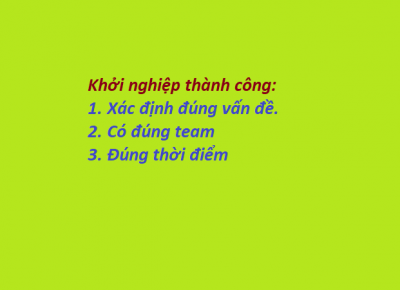Fixed Core Courses
Leadership: Foundations of Teamwork and Leadership
Develop your future personal leadership style and capabilities. You will begin with the Teamwork and Leadership Simulation—a team-based, highly interactive simulation that is custom-designed for this course.
Marketing: Marketing Management
Develop skills to apply analytical concepts and marketing tools to decisions like segmentation and targeting, branding, pricing, distribution, and promotion.
Microeconomics: Microeconomic Foundation
Master the basic theory of microeconomics: supply, demand, consumer behavior, market price and output, production, cost, simple competitive market equilibrium, simple monopoly pricing and output determination, price discrimination, and bundling.
Economics: Advanced Topics in Managerial Economics
Apply microeconomic theory to firm management and learn how to use microeconomics to enhance decision making. Topics include: sophisticated pricing policies, transfer pricing, strategies for dealing with competitor firms, cooperation strategies, managing under uncertainty, and more.
Statistics: Regression Analysis for Managers
Become familiar with two key statistical methodologies for working with data: regression analysis and experimentation. Learn techniques such as least-squares estimation, tests and confidence intervals, correlation and autocorrelation, collinearity, and randomization.
Management Communication: Speaking and Writing
Speaking: Strengthen your skills in persuasion, impromptu speaking, speaking confidently, handling Q&A, and speaking on camera during the Fall speaking course. You’ll have a choice of advanced topics during the Spring speaking courses.
Writing: Learn to craft clear, concise, and persuasive writing in the Fall writing course. This is a pass/fail, non-credit course required for graduation.
Flexible Core Courses
More than half of the core courses are flexible in order to match your learning style, interests, and goals. Within each core area, the course choices offer additional flexibility in content, timing, and format. Subjects include:
Operations, Information, and Decisions
Options: Quality and Productivity, Business Analytics, Information Technology and Business Transformation, Innovation, Operations Strategy
Marketing
Options: Dynamic Marketing Strategy, Strategic Marketing Simulations
Communications
Options: Advanced Persuasive Speaking, Communications Challenges for Entrepreneurs
Accounting
Options: Financial Accounting, Accelerated Financial Accounting, Financial and Managerial Accounting
Corporate Finance
Options: Corporate Finance, Accelerated Corporate Finance, Introduction to Corporate Finance
Macroeconomics
Options: Macroeconomics, Introduction to Macroeconomics
Management
Options: Managing the Established Enterprise, Managing the Emerging Enterprise
Legal Studies & Business Ethics
Options: Responsibility in Global Management, Responsibility in Business









